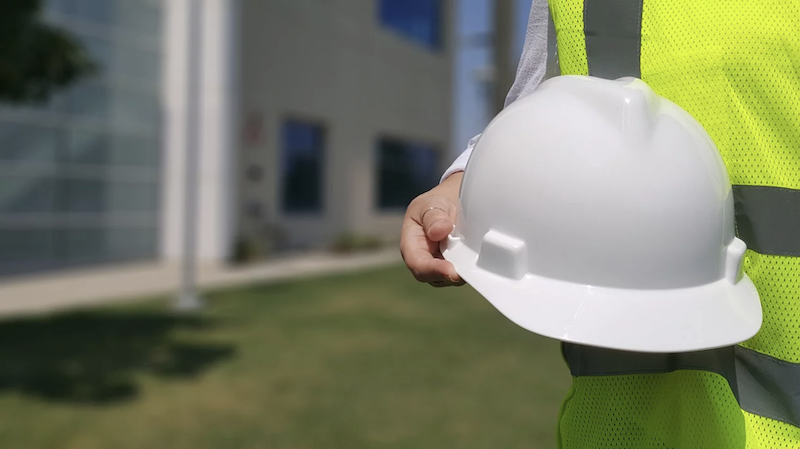During the Covid-19 virus crisis, it is important for contractors to protect themselves from possible legal action by adhering to the provisions of current contracts, lawyers advise.
“The virus and its economic impact will almost alter pre-existing plans for owners, developers, general contractors, subcontractors, and everyone else down the chain,” according to Balch & Bingham LLP. “While many are understanding of these circumstances, there are ways to ensure you are protected going forward.” They advise:
· Review on-going contracts and locate their delay, force majeure, change order, termination, suspension and other relevant provisions.
· Comply with time-sensitive notice requirements. This includes supply agreements and insurance policies. When there is uncertainty over whether to invoke a provision in a document, consider putting the other party on notice to protect your rights.
· Scrupulously document developments. “Proving delays, labor shortages, supply interruption, and other project impacts tomorrow will depend on the evidence being created (or not being created) today.” Simple email or daily notes are acceptable to record the impacts from COVID-19.
· Check your insurance coverage. Business interruption insurance typically includes complex provisions and exclusions.
· Anticipate operational problems. “Administrative tasks might be easily completed from home while supply chains may be severely limited by a reduced and quarantined workforce thousands of miles away.” Anticipate likely problems and try to plan for them.
Related Stories
| Nov 23, 2011
USGBC launches app lab for LEED certification process
The U.S. Green Building Council has released the App Lab, a searchable catalog of third-party apps that are integrated with LEED data.
| Nov 23, 2011
Document gives advice on stormwater runoff management
The report, “Rooftops to Rivers II,” provides tips on how cities can use smart infrastructure and green building design to minimize pollution from stormwater runoff and other wastewaters.
| Nov 23, 2011
Zoning changes proposed to make New York City buildings greener
New York City will introduce new zoning proposals next month that would make it easier for building owners to add features that will make their properties more sustainable.
| Nov 18, 2011
AGC offers webinar on Davis-Bacon compliance
Webinar to be held in two sessions, Dec. 7 and 8 from 2:00-3:30 p.m. EST.
| Nov 18, 2011
New green construction code may help push LEED standards higher
The International Green Construction Code (IgCC) is expected to set a floor for building standards and may create the opportunity for LEED certifications to push toward higher ceilings.
| Nov 18, 2011
New OSHA fall safety rule could save contractors money on insurance premiums
The new Occupational Safety and Health Administration rule requiring employers operating in the residential construction industry to use the same methods of fall protection that historically have been used in the commercial construction industry could save them money.
| Nov 18, 2011
Some believe new Austin building code will help mom and pop shops
Austin, Texas has proposed building codes that require wider sidewalks and call for buildings to be closer to sidewalks along a 3.5-mile stretch of highway.
| Nov 11, 2011
AIA: Engineered Brick + Masonry for Commercial Buildings
Earn 1.0 AIA/CES learning units by studying this article and successfully completing the online exam.
| Nov 10, 2011
WaterSense standard for weather-based irrigation controllers unveiled
The U.S. Environmental Protection Agency’s (EPA) WaterSense program has released a final specification for weather-based irrigation controllers—the first outdoor product category eligible to earn the WaterSense label.
| Nov 10, 2011
Advocate seeks noise reduction measures in California building codes
A former chief building inspector for San Francisco wants to enact building codes that would limit noise levels in restaurants and other spaces open to the public.















